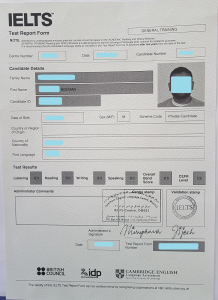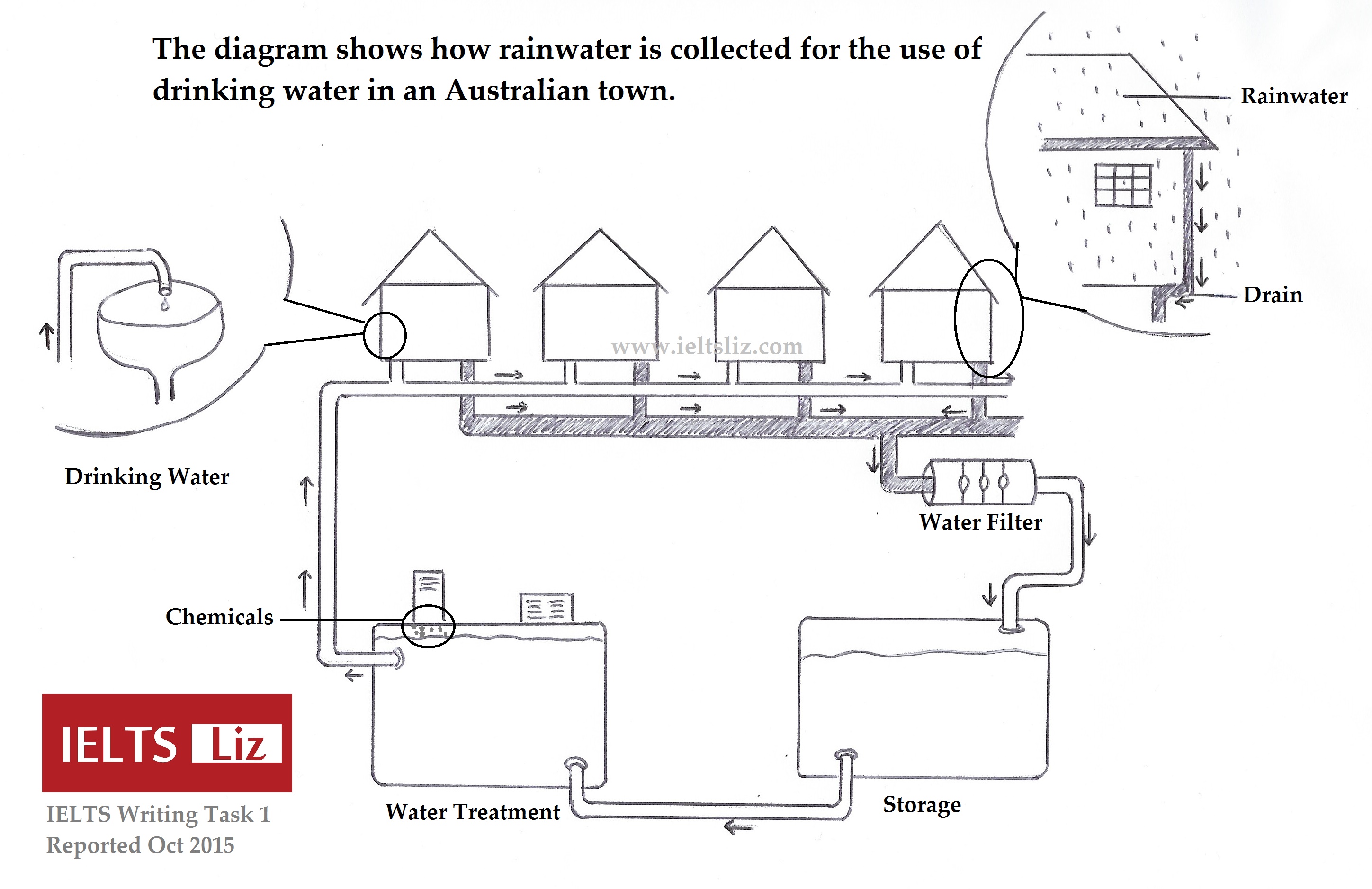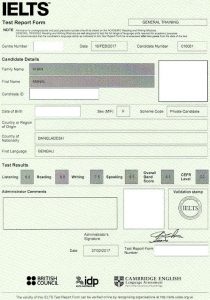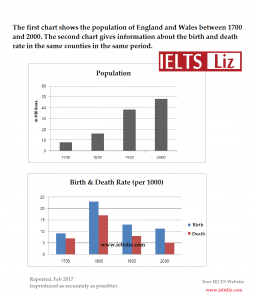The opening line in IELTS General Training Writing Task 1 Letter. You need to change the opening line for your letter depending on whether you are writing formally, to a company or another organisation, or if you are writing informally, for example to a friend.
Below are some sample opening lines for an IELTS GT writing task 1 letter: both formal and informal. You can also read how the opening statement sets the tone of your IELTS letter.
Formal Letter Opening Statement
In a formal letter, the opening sentence should indicate the aim of your letter. The first line of a formal letter will show if you are writing a complaint letter, requesting information, answering an invitation, applying for a position, making a formal apology or making arrangements. You will also see that the letter might start “Dear Sir” or Dear Mr …”. IELTS will give you instructions on your test paper about how to start your letter.
Below is are examples of how to begin your letter:
Dear Sir / Madam,
I am writing to complain about … / to request information about … / to apply for … / to enquiry after …. / to inform you … / to thank you …
Full Opening Statement: I am writing to apply for the position of manager in your company which you recently advertised in the Times newspaper on June 4th.
Dear Mr Brown,
I am writing to you regarding my recent stay at your hotel … / regarding an article you wrote …. /
Full Opening Statement: I am writing to you regarding the road works that are being carried out in Church Street, where I currently reside.
Dear Mrs Jones,
I am writing in reply to …
Full Opening Statement: I am writing in reply to your invitation to the seminar which you will be holding on “Historical Artefacts in the Ancient World” on Saturday, June 26th.
Comments: You can see, above, that the first line of your IELTS formal letter is very structured. There is little variety. This is normal. Formal letters are not creative or descriptive, they are informative and without personal reference.
Informal Letter Opening Line
In an IELTS informal letter, your first line will often start with a friendly remark or comment. The beginning of the letter doesn’t always show the aim, it shows your relationship with the person. This means there is a variety you can choose from.
See some examples below for the beginning of an informal IELTS letter:
Hi Dave,
How are you and your family? It feels like forever since we last got together for a catch up … / How are things going? It’s been ages since we were last in touch.
Hi Sophie,
How are you? It was great seeing you again this summer.
Hi Frank,
It was so good seeing you last weekend. I just wanted to drop you a line and thank you for such a great time.
Comments: You can see that most of the opening lines are offering greetings or just small talk. It’s a chance to for you reestablish your friendship before getting into the aims of the letter.
Signing Off IELTS Letters
To learn about signing off, for example Your faithfully or Your sincerely, please see my essential tips page: IELTS Letter Essential Tips. You can also learn about types of IELTS letters and much more useful information.








